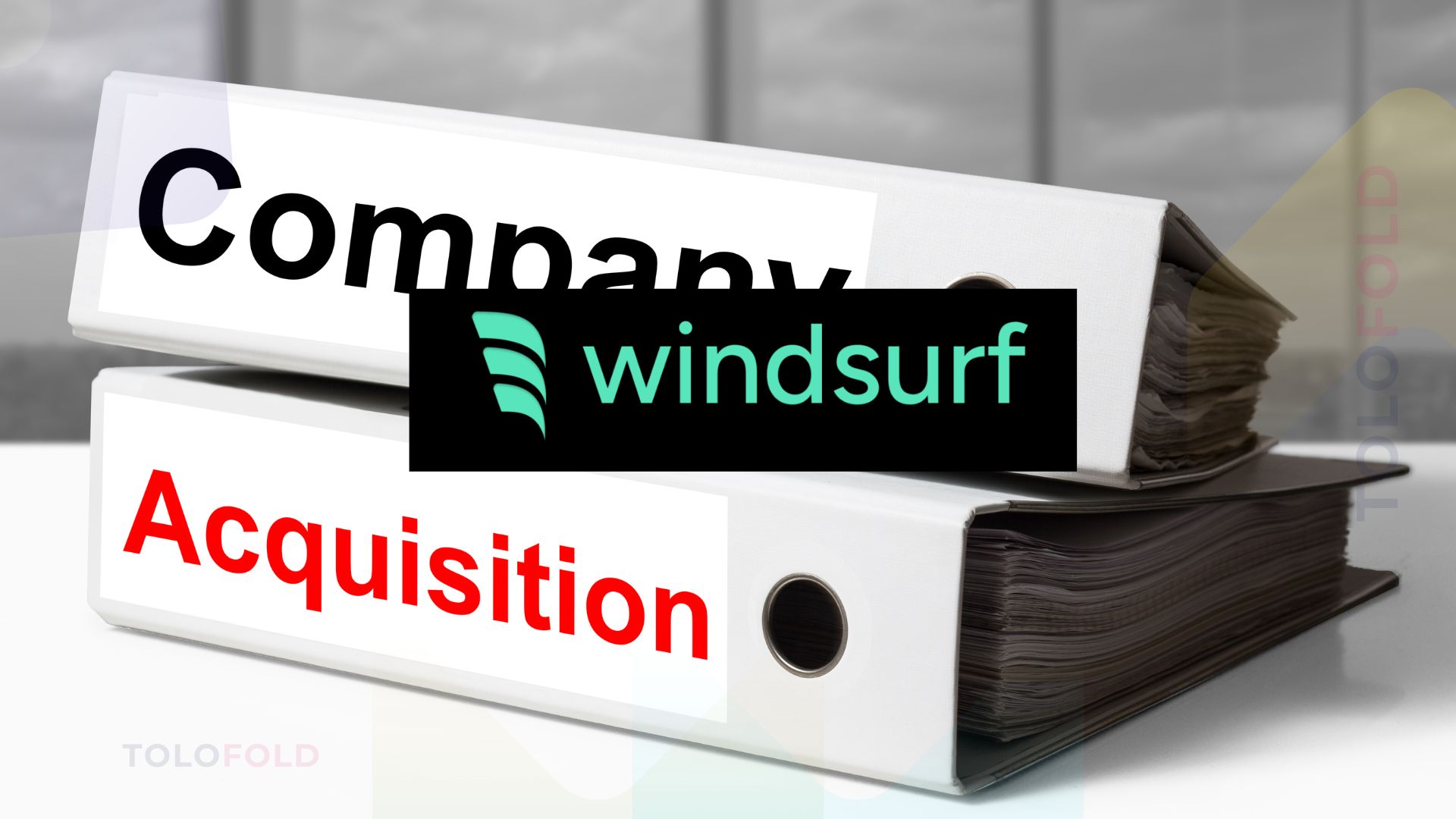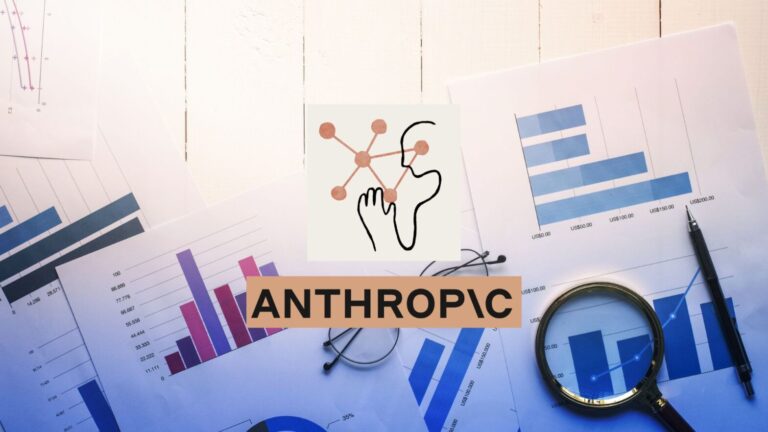After OpenAI and Google’s Bidding War, Cognition Snaps Up Windsurf to Supercharge AI Coding
Cognition, the AI startup behind the viral coding agent Devin, has acquired Windsurf, a leading AI-powered integrated development environment (IDE) company, after a heated bidding war involving OpenAI and Google. The deal, finalized over a whirlwind weekend, marks a strategic move to strengthen Cognition’s position in the competitive AI coding tools market.
The High-Stakes Windsurf Scramble
Windsurf’s rapid growth—boasting $82 million in annual recurring revenue (ARR) and 350 enterprise customers—caught the attention of major players. OpenAI reportedly made a $3 billion acquisition offer, while Google DeepMind secured a $2.4 billion deal to hire Windsurf’s CEO, Varun Mohan, and several key researchers. However, the bulk of Windsurf’s 250-person team and core technology remained available, paving the way for Cognition’s acquisition.
The urgency around Windsurf reflects the broader AI land grab, where top talent and intellectual property command premium prices. Google’s “reverse-acquihire” left many employees without payouts, sparking criticism. Cognition, meanwhile, ensured full financial participation for Windsurf’s team, waiving vesting cliffs.
Jeff Wang, Windsurf’s interim CEO after the Google departures, called the last 72 hours “the wildest rollercoaster ride” of his career on LinkedIn.
Why Windsurf?
Windsurf’s AI-powered IDE, with its proven revenue and enterprise traction, complements Cognition’s Devin, an autonomous coding agent. The acquisition grants Cognition immediate access to Windsurf’s technology and customer base while enabling vertical integration.
A critical factor in Windsurf’s valuation was its abrupt loss of access to Anthropic’s Claude AI models—a move Anthropic attributed to OpenAI’s rumored acquisition. This triggered customer churn, with some migrating to competitors like Cursor, which offers Claude integration. Cognition reassured users that Windsurf will regain full Claude access post-deal.
Market Implications
The acquisition signals consolidation in the AI coding sector, projected to grow from $13 billion in 2025 to $27 billion by 2032. Cognition’s dual focus—agents (Devin) and workflow tools (Windsurf’s IDE)—positions it against rivals like OpenAI and Cursor, which recently hit $500 million ARR.
Experts note Cognition’s play minimizes reliance on third-party APIs, creating a “data moat” where user workflows feed its proprietary models.
Integration Strategy
Short term, Windsurf’s team will operate independently under Cognition, maintaining its IDE while gradually merging with Devin’s roadmap. Cognition president Russell Kaplan confirmed the deal materialized over a weekend, with talks starting Friday evening and closing Monday morning.
The move follows Cognition’s reported $4 billion valuation talks in March and recent partnerships, including Goldman Sachs testing Devin.
What’s Next?
The acquisition underscores AI coding tools’ evolution toward agentic workflows. Cursor CEO Michael Truell predicts 20% of coding tasks will be agent-driven by 2026. With Windsurf’s tech, Cognition aims to refine Devin’s capabilities—addressing early critiques of its error-prone performance—while expanding its enterprise foothold.
As the AI coding arms race intensifies, Cognition’s latest move proves agility can trump deep pockets—for now.







